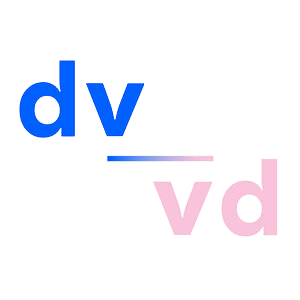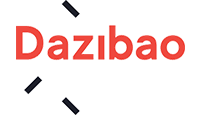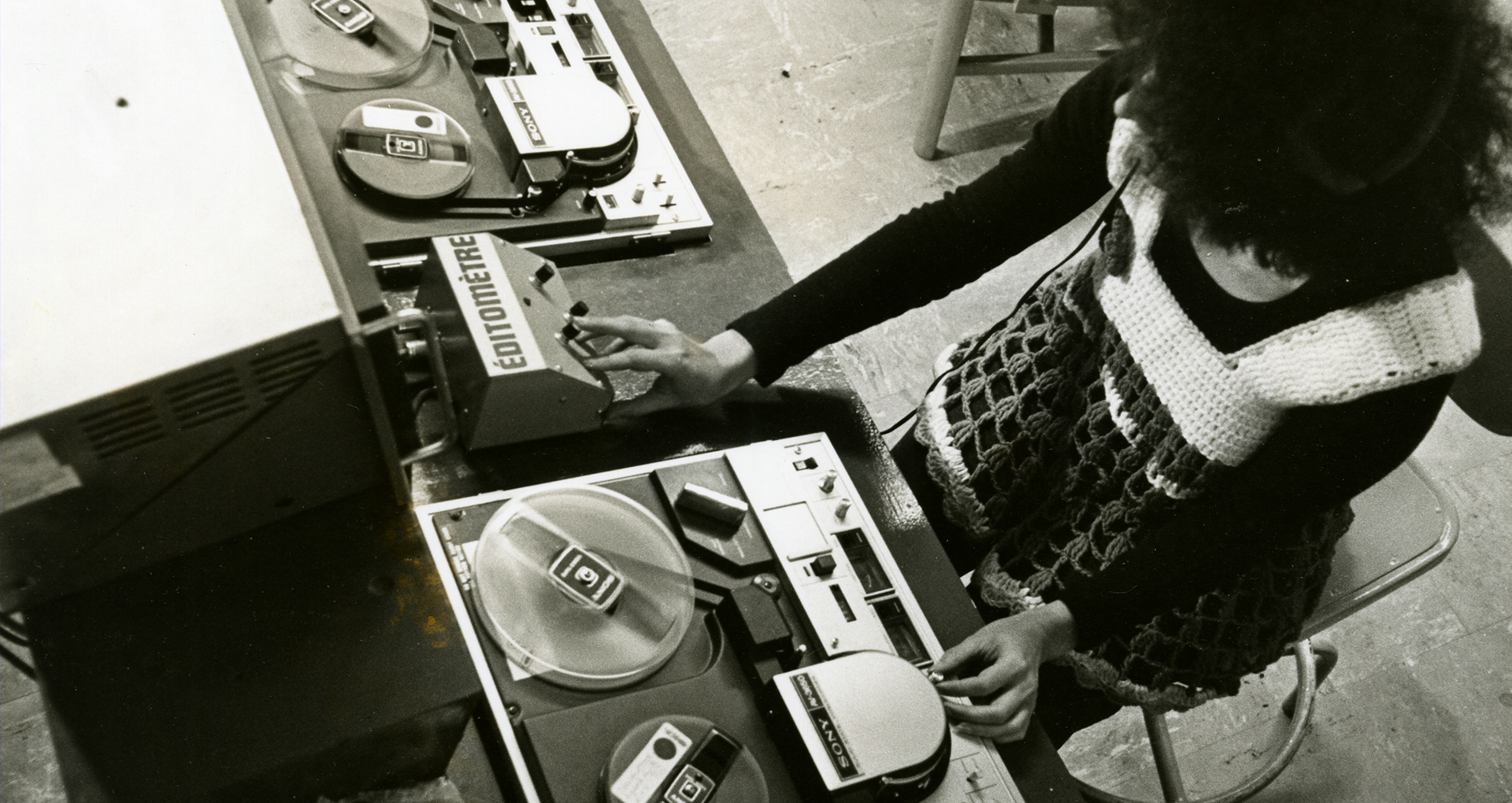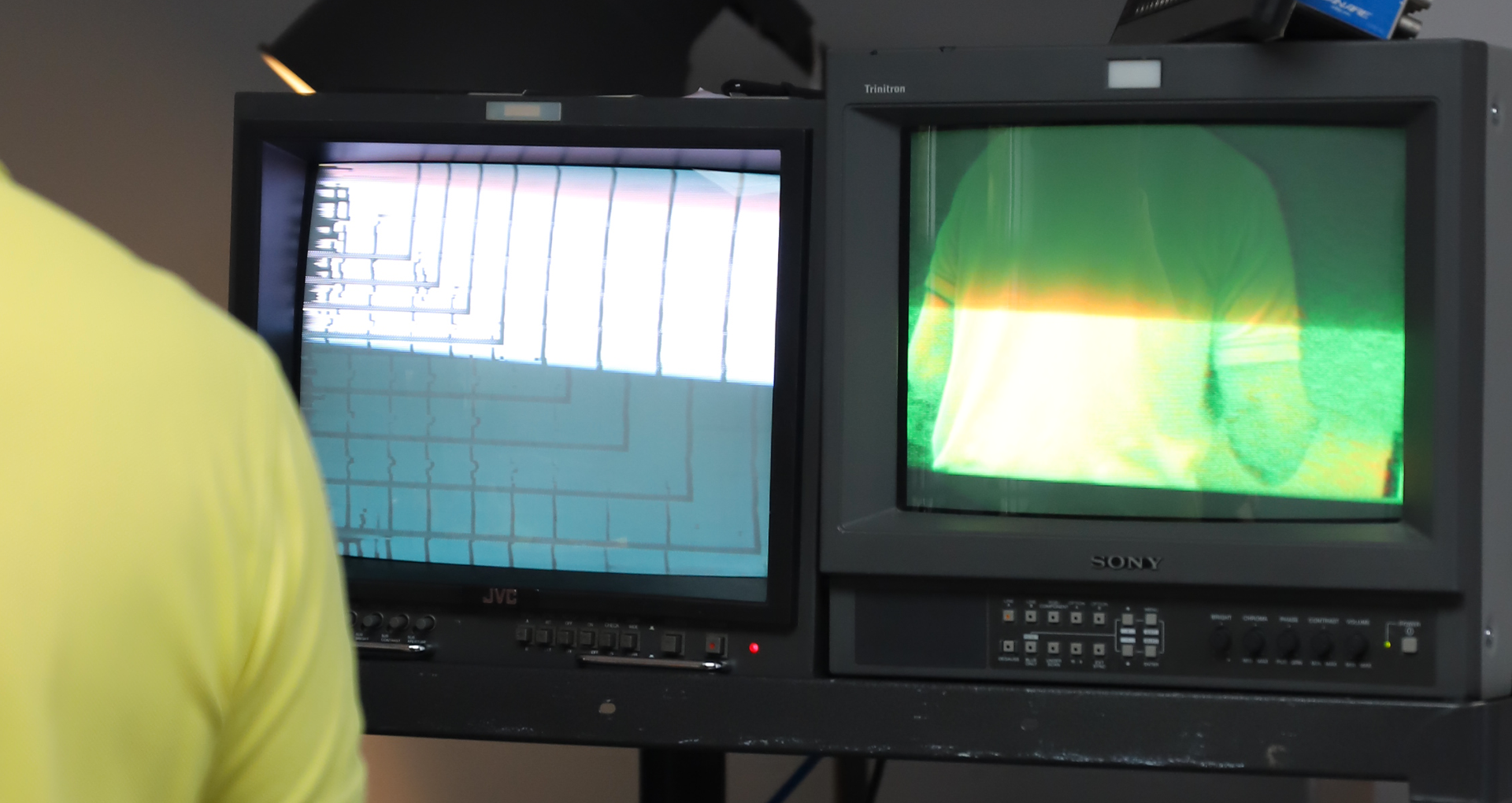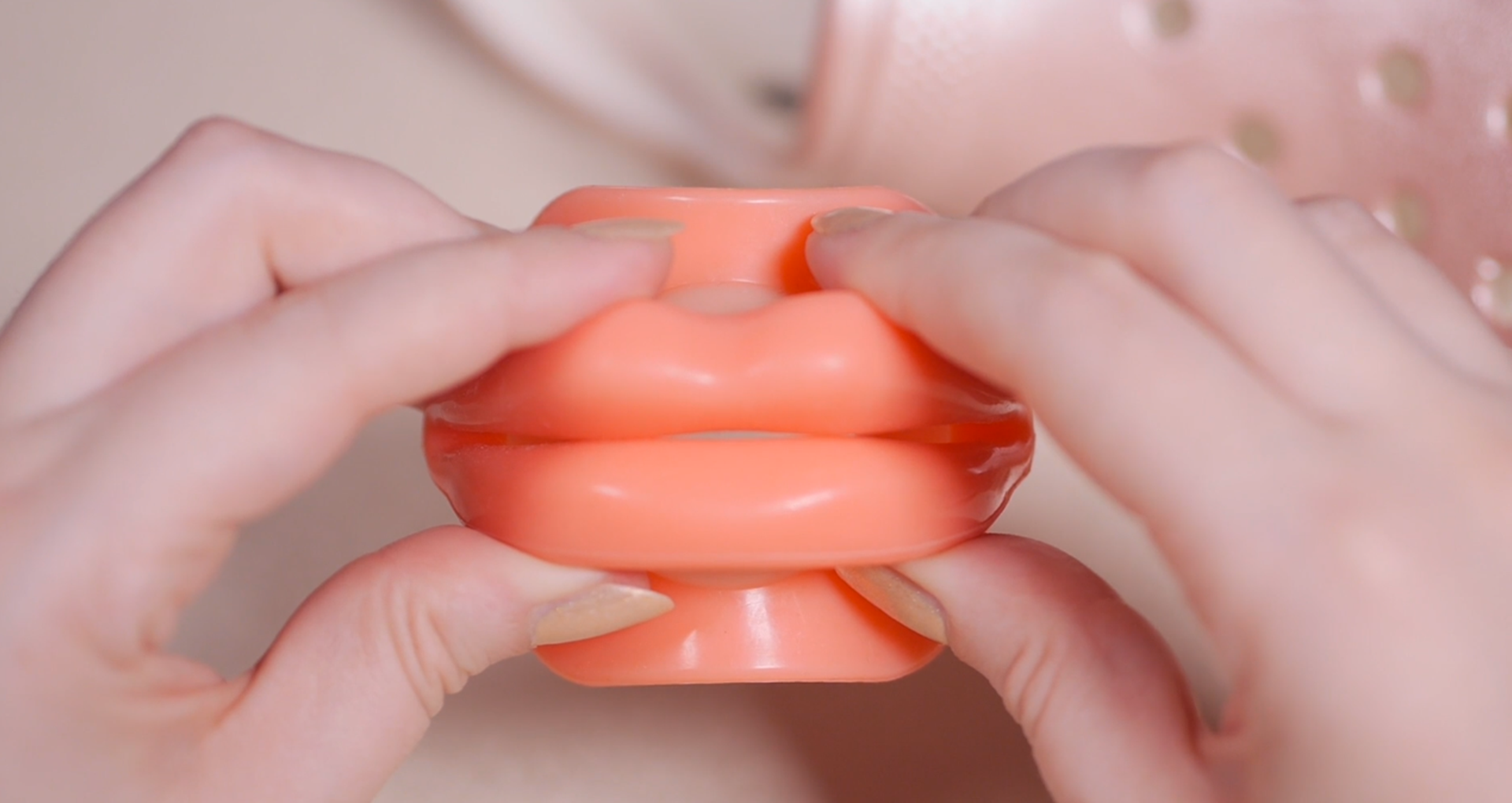
© Bridget Moser, My Crops Are Dying But My Body Persists, 2020
dv_vd : Courting Otherness: Prop Performance and Camp in Contemporary Canadian Video Art
PROGRAMMING
Free entry
Vidéographe and Dazibao are proud to welcome the talented duo Chloë Lum and Yannick Desranleau to present an exclusive program as part of our dv_vd series.
Courting Otherness : Prop Performance and Camp in Contemporary Canadian Video Art.
We’ve assembled this program because we feel the intersection of prop performance and camp has been overlooked in the Canadian art context. What we are presenting tonight is a small sample of a longer list that could go well beyond the video medium; indeed, most of the artists shown in this program also work in sculpture, installation, and performance. What unites them is the important place that objects take in the staging of their video works, and a performance style that, through slapstick, deadpan interpretation, humour, or irony, manages to elaborate a critique of the world we live in, while captivating us via weirdness or absurdity. These objects will be either wearable artworks made in the studio, bricolaged appendages, lavish costumes, unaltered items ordered from Wish.com and Amazon, or more subtly, the evocation of these objects and how they impact the organization of the lives of the artists. In most cases, the subject of the work is directly about the relationship between the performer and these objects; props that serve as a catalyst for the performer to enter a transformation—a pirate on shore leave arriving home wearing a completely different costume of an equally iconic male archetype: the cowboy. His suit, however, shows irregular details: unexpected ropes and extensions are present, facilitating interactions with his bird companion (Bourschied).
Props also act as a tool to affirm and reinforce identity, by defying the viewer’s gaze, such as wearing highly exaggerated makeup, prostheses, and clothing to create a drag persona critiquing one’s own experience in drag circuits as a non-binary person (Sin). Or in a more ironic manner, poking at cosplay and gamer subcultures via absurd, often anthropomorphic costuming to critique the widespread misogyny in these spaces (Ben David). Props can also support a personal narrative by proxy, like serving as material and metaphorical commentary of a bittersweet auto-fiction of youth fame (Eyres). The props may be absent from the screen, mentioned only to support the context that the protagonists’ art-world day jobs prevent them from spending time on their art practice (Life of a Craphead).
Props can take the front stage, while keeping a tenuous relation with the narrative, making us wonder if the slapstick performance is meant to punctuate the series or one-liners on over-consumeristic anxiety, or vice-versa (Moser). Furthering this disjointed approach to collage into a scathing critique of the art world’s passing interest in digital market-oriented fads, where props become the object of said critique, through a dizzying series of hard cuts. Amongst these clips, the protagonist is seen in snippets, dressed as a Phantom of the Opera-esque cosplay bear, who looms over as a sort of reaper of grifter fads (Cruz). Props, through theatricality, thus aid in the telling of a wide array of stories. Via this intersection of props and camp, the props used by this group of artists function to underline humour, absurdity, the uncanny, and artifice, creating artwork that can destabilize and entertain while being steadfast in its criticality.
– Chloë Lum and Yannick Desranleau
PROGRAM ( 1 hr 6 min 50 s)
- Bridget Moser, My Crops Are Dying But My Body Persists, 2020, 21 min 57 s
- Erica Eyres, Clay Head, 2015, 7 min 7 s
- Life of a Craphead, Life of Life of a Craphead, 2020, 14 min 15 s
- Marissa Sean Cruz, BILLED-A-BEAR ʕ´•ᴥ•`ʔ, 2021, 6 min 29
- Maya Ben David, Ferris Wheel Pregnancy, 2023, 1 min 54 s
- Mike Bourschied, The wellbeing of things: A 5km race, 2017, 9 min 30 s
- Sin Wai Kin, Tell me everything you saw, and what you think it means, from A View from Elsewhere, 2018, 5 min 38 s
BIOGRAPHY
Chloë Lum and Yannick Desranleau are installation artists who work across video, performance, sculpture, sound, text, and photography. Their collaborative practice is rooted in the theatrical and the choreographic and examines the slippery and complex relationships between bodies and inanimate objects. These subjects are examined through the lens of chronic illness. They are based in Tiohtiá:ke (Montréal) and have worked collaboratively since 2000.




